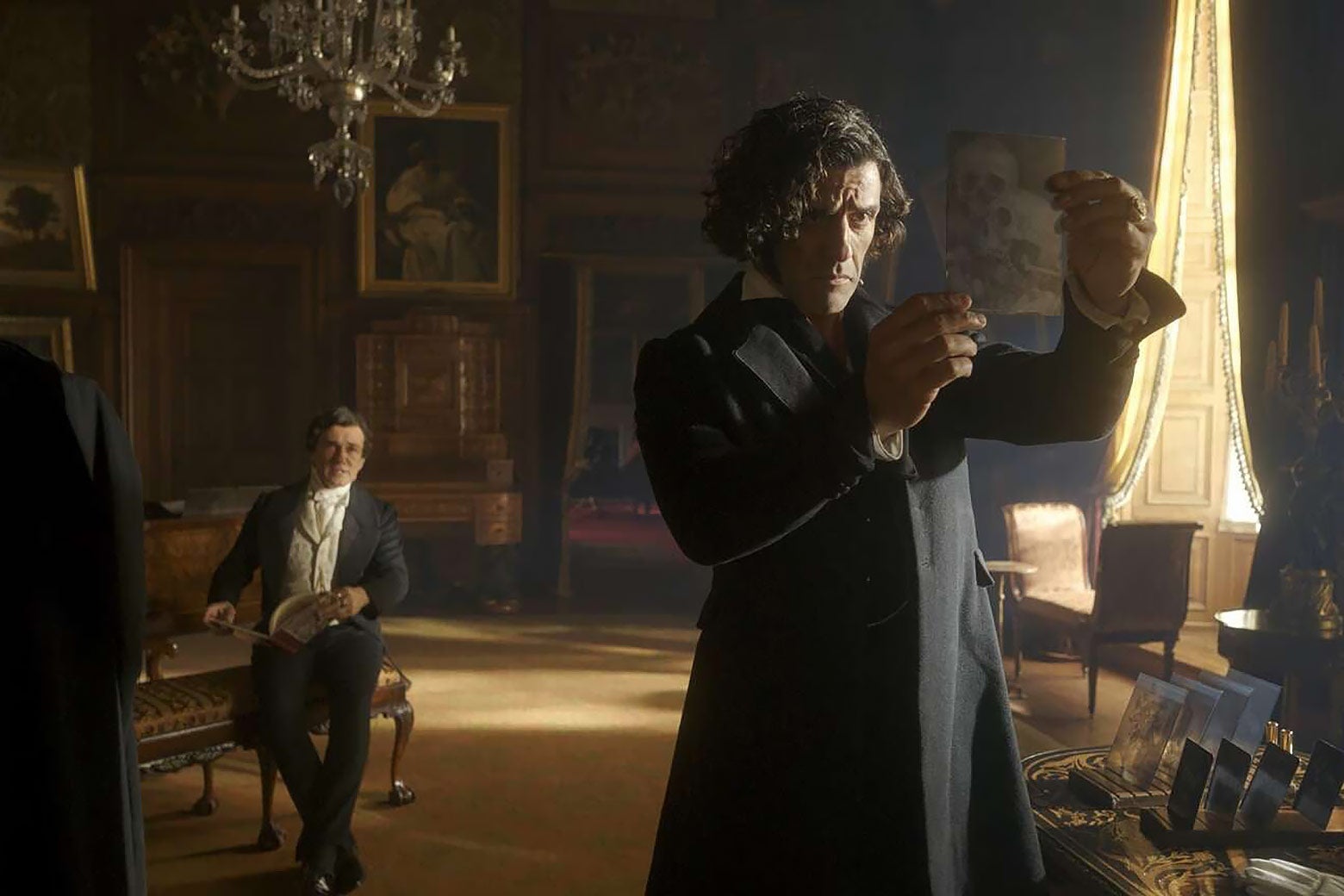
"The advent of the railroads, the harnessing of electrical power, the invention of the automobile, the airplane, the computer, and, in the 21 st century, artificial intelligence could all stand in as handy real-world symbols of the struggle between scientific progress and the human connections-to nature, to our own best selves, and to other people-that progress threatens to imperil."
"Guillermo del Toro has dreamed of telling his own version of the Frankenstein story since he was too young to conceive of being a filmmaker. He has described seeing the 1931 adaptation of Frankenstein, directed by James Whale and starring Boris Karloff as the creature, as one of the formative moments of his early childhood. Throughout del Toro's career, the stories he's told have shared characteristics with Frankenstein:"
Mary Shelley's Frankenstein birthed a monstrous figure whose presence proliferated across film, comics, parody, and costume. The tale became a foundational myth of modernity that links scientific ambition to threats against connections to nature, self, and others. Technological milestones—from railroads and electrical power to automobiles, airplanes, computers, and artificial intelligence—have served as real-world symbols of that tension. Guillermo del Toro cultivated a lifelong desire to retell the Frankenstein myth and cites the 1931 Whale/Karloff film as formative. Del Toro's films frequently explore human bonds with magical or monstrous beings and employ Gothic melodrama and lavish macabre design.
Read at Slate Magazine
Unable to calculate read time
Collection
[
|
...
]